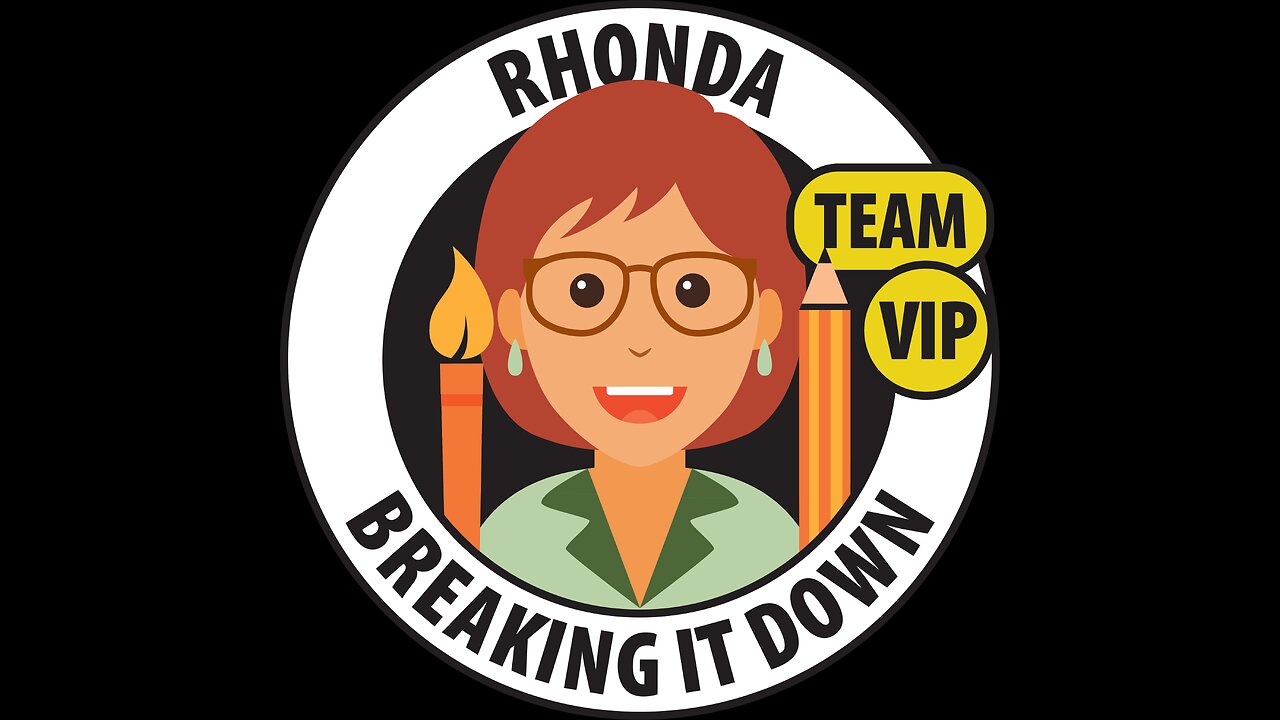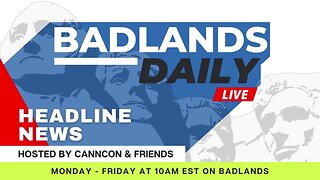Premium Only Content

Central Bank
A central bank, reserve bank, national bank, or monetary authority is an institution that manages the currency and monetary policy of a country or monetary union.[1] In contrast to a commercial bank, a central bank possesses a monopoly on increasing the monetary base. Many central banks also have supervisory or regulatory powers to ensure the stability of commercial banks in their jurisdiction, to prevent bank runs, and in some cases also to enforce policies on financial consumer protection and against bank fraud, money laundering, or terrorism financing. Central banks play a crucial role in macroeconomic forecasting, which is essential for guiding monetary policy decisions, especially during times of economic turbulence.[2]
Central banks in most developed nations are usually set up to be institutionally independent from political interference,[3][4][5] even though governments typically have governance rights over them, legislative bodies exercise scrutiny, and central banks frequently do show responsiveness to politics.[6][7][8]
Issues like central bank independence, central bank policies and rhetoric in central bank governors discourse or the premises of macroeconomic policies[9] (monetary and fiscal policy) of the state are a focus of contention and criticism by some policymakers,[10] researchers[11] and specialized business, economics and finance media.[12][13]
-
 2:08
2:08
Currency Facts Seeds of Wisdom Team
8 months agoPlanning Generational Wealth
1611 -
 1:00:32
1:00:32
VINCE
3 hours agoRest In Peace Charlie Kirk | Episode 123 - 09/11/25
249K154 -
 LIVE
LIVE
LFA TV
6 hours agoLFA TV ALL DAY STREAM - THURSDAY 9/11/25
5,816 watching -
 LIVE
LIVE
Bannons War Room
6 months agoWarRoom Live
15,700 watching -
 LIVE
LIVE
The Shannon Joy Show
1 hour agoA message of encouragement and a call for faith and unity after the tragic killing of Charlie Kirk
120 watching -
 LIVE
LIVE
The Big Mig™
1 hour agoIn Honor Of Charlie Kirk, Rest In Peace 🙏🏻
3,032 watching -
 1:36:35
1:36:35
The White House
3 hours agoPresident Trump and the First Lady Attend a September 11th Observance Event
87.3K27 -
 1:38:49
1:38:49
Dear America
3 hours agoWe Are ALL Charlie Now! This Isn’t The End. We Will FIGHT FIGHT FIGHT
170K171 -
 LIVE
LIVE
Badlands Media
10 hours agoBadlands Daily: September 11, 2025
4,973 watching -
 LIVE
LIVE
Wendy Bell Radio
7 hours agoA Watershed Moment
7,484 watching